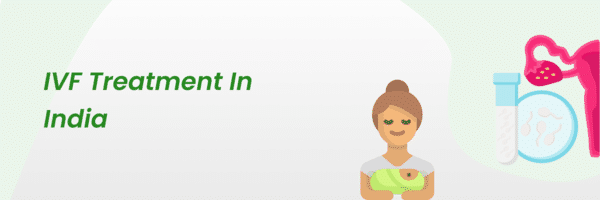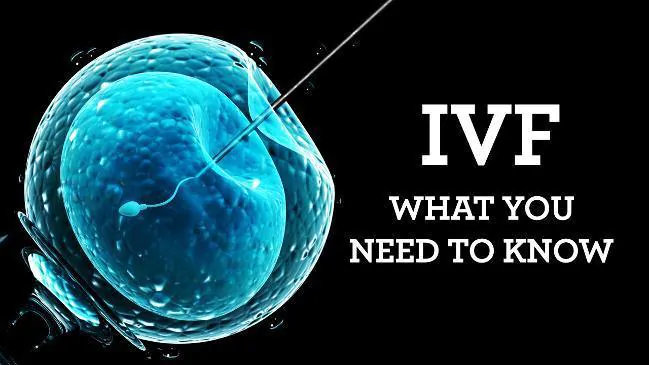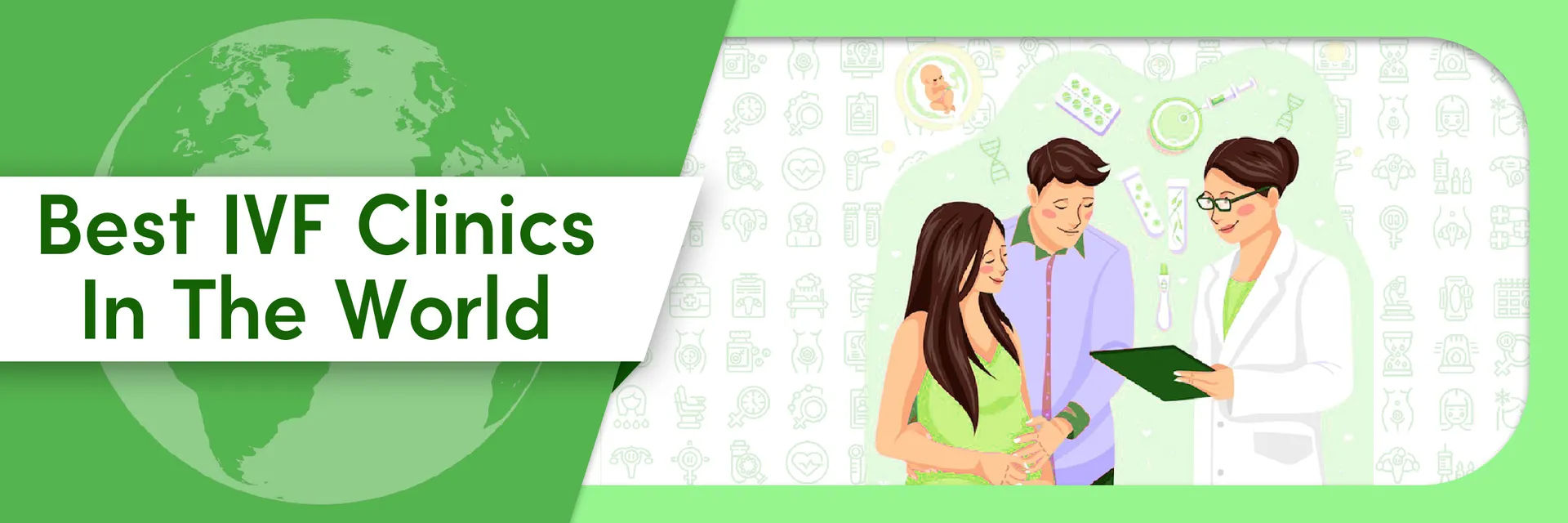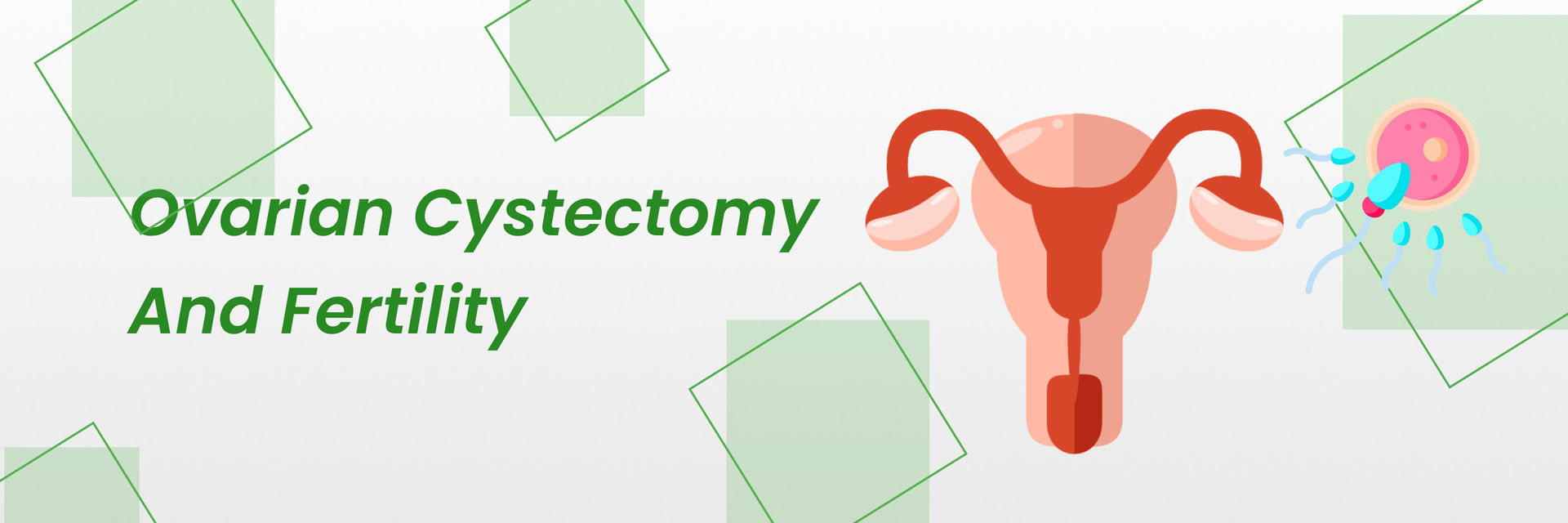What is DHEA?
DHEA is a hormone generated by the adrenal glands, which are placed on top of your kidneys. The creation of other hormones such as estrogen and testosterone. DHEA levels fall with age, particularly after the age of 30. This decline has been connected to a variety of health and fertility difficulties. Some research suggests that DHEA supplementation may have fertility benefits, particularly for women over 40, by improving egg quality and reproductive health.
Let’s explore how DHEA is related to fertility.
Your health is too important to ignore – schedule your appointment now.
How is DHEA related to fertility?
DHEA (dehydroepiandrosterone) is an occurring hormone produced in our adrenal glands that acts as a precursor to the creation of other hormones such as estrogen and testosterone. DHEA levels fall as we age, which can have effects on fertility, particularly in people over 40. This hormone is essential for fertility, and low DHEA levels may have an impact on egg quality and hormonal balance, making conception more difficult. If you are over 40 and trying to conceive, you should see a doctor.
DHEA supplementation has gained popularity in women due to its ability to improve reproductive results. As women age, the quality of their eggs can deteriorate, making conception more difficult and miscarriage more common. Studies suggest that supplementing with DHEA could potentially enhance the quality of eggs, resulting in higher possibilities of successful conception and healthier pregnancies. This is especially promising for women above the age of 40.
The effects of DHEA on fertility are still being explored, and its usage as a fertility medication should be approached with caution. DHEA supplementation may not be beneficial to everyone, and there may be dangers and negative effects. Before considering any hormone supplementation for fertility goals, it is critical to consult with a fertility specialist or medical practitioner.
Want to Increase your chance of having a baby? Discover how.
How does DHEA supplementation work?
DHEA (Dehydroepiandrosterone) is a hormone produced by the adrenal glands. It is a basis for other hormones such as testosterone and estrogen. DHEA supplementation entails taking synthetic DHEA as a food supplement. The following is how DHEA supplementation works:
Hormonal Precursor:
DHEA is transformed in the body into sex hormones such as testosterone and estrogen. The goal of supplementation is to raise the levels of these hormones. Which can have a variety of impacts on the body.
DHEA levels tend to fall as people get older. Some people believe that taking DHEA supplements can help counterbalance this decline and solve age-related health issues.
Health and Wellness:
DHEA supplementation is recommended for a range of potential benefits, such as -
enhanced mood, energy levels, muscle mass, bone density, and well-being.
Potential Hormonal Imbalance
Under medical supervision, people with certain medical disorders, such as - adrenal insufficiency or hormonal imbalances. It may benefit from DHEA administration.
Considerations:
DHEA supplements are not for everyone. Before taking DHEA supplements, talk with a doctor because high hormone levels can cause side effects and may interfere with other medications or illnesses.
The effects of DHEA supplementation are currently being studied, and the scientific information on its advantages and hazards is equivocal. More research is needed to comprehend its impact on many elements of health.
Dosage and Monitoring:
It is important to take DHEA supplements at the recommended dosages and to have regular check-ups. This helps to maintain hormonal balance and protects against unwanted side effects. Before beginning any supplement, always visit your healthcare professional and follow their recommendations.
It's vital to remember that DHEA supplementation should only be done under the supervision of a doctor and with careful consideration of individual health needs and situations.
Can DHEA Help Women Get Pregnant After 40? Let’s find out.
Is DHEA supplementation effective for fertility over 40?
DHEA supplementation has been investigated as a potential treatment for enhancing fertility in women over the age of 40, particularly those undergoing IVF or other assisted reproductive technologies. But, the effectiveness of DHEA supplementation for fertility after the age of 40 is still being researched and debated.
According to some research, DHEA administration may improve ovarian function, egg quality, and pregnancy rates in older women receiving fertility treatments. DHEA is thought to improve the ovarian environment by encouraging the creation of more viable eggs.
Explore the benefits and drawbacks of DHEA supplementation.
Are there any risks or side effects associated with DHEA supplementation?
Yes, there are hazards and adverse effects of taking DHEA (Dehydroepiandrosterone) supplements. Because DHEA is a hormone that influences many physiological systems in the body, using it might cause hormonal imbalances and other side effects. Here are some of the possible hazards and side effects:
Imbalance in Hormones:
DHEA is a precursor to sex hormones such as testosterone and estrogen. Supplementation can throw off the normal balance of these hormones, causing acne, facial hair development, and voice deepening in women.
Cardiovascular Effects:
Long-term DHEA supplementation may have an effect on cardiovascular health, raising the risk of heart problems. More research is needed to comprehend these consequences.
Mood Changes:
DHEA has the ability to influence mood and mental well-being. When taking DHEA supplements, some people may experience mood swings, irritation, or emotional changes.
Liver Function:
DHEA supplements may have an effect on liver function, especially when taken in high dosages. Individuals with pre-existing hepatic issues should take caution and seek medical advice.
Insulin Sensitivity:
DHEA supplementation has been shown to improve insulin sensitivity, lowering blood sugar levels. Before taking DHEA supplements, people with diabetes or insulin resistance should check with their doctor.
Medications Interactions:
DHEA supplements may interact with some medications, such as hormonal treatments, blood thinners, and corticosteroids. These interactions can have an impact on the efficacy and safety of both the supplement and the drugs.
Hormone-Related Cancers:
Concerns have been raised that DHEA supplementation may encourage the formation of hormone-related malignancies such as breast and prostate cancer. Individuals having a history of these cancers or who are at a higher risk should avoid taking DHEA supplements.
Other Side Effects:
Other potential negative effects of DHEA supplementation include hair loss, changes in voice, oily skin, headache, and gastrointestinal difficulties.
Let’s decode who should take into account for DHEA.
Is DHEA supplementation suitable for everyone over 40 who wants to conceive?
No, DHEA supplementation is not suitable for everyone over the age of 40 who desires to conceive. While some studies have looked into the possible benefits of DHEA supplementation for fertility, particularly in women undergoing fertility treatments such as IVF, its usage is not suggested for everyone and should be approached with caution.
Consider the following factors when evaluating the suitability of DHEA supplementation for fertility after the age of 40:
Medical Evaluation:
Before thinking about DHEA supplementation, it is critical to have a thorough medical evaluation that includes hormone testing and a review of ovarian reserve. Based on your individual health and fertility state, a fertility specialist or reproductive endocrinologist can assist assess if DHEA supplementation is appropriate.
Underlying Health Conditions:
Individuals with particular health concerns, such as hormone-sensitive malignancies, liver difficulties, or cardiovascular disorders, may be more vulnerable to the negative effects of DHEA administration. DHEA supplements should be avoided by these people.
Individual Hormone Levels:
Because DHEA is a precursor to other hormones, taking it can cause hormonal imbalances. The usage of DHEA should be based on a complete assessment of a person's hormone levels and demands.
Fertility Treatment Plan:
DHEA supplementation may be explored as part of a comprehensive fertility treatment strategy, particularly for those undergoing assisted reproductive technologies such as IVF. Its use, however, should be discussed with and directed by a reproductive professional.
Hazards and Benefits:
It's critical to balance the possible benefits of DHEA supplementation with the hazards and side effects, which can vary depending on individual circumstances. A healthcare provider should be consulted before making a decision.
Alternative Methods:
DHEA supplementation is one of several factors that can influence fertility. Lifestyle improvements, dietary adjustments, stress reduction, and other interventions may also help with fertility.
Let's understand the timeframe for DHEA Supplementation.
Take charge of your health and your life. Contact us today!
How long does DHEA supplementation last?
DHEA (Dehydroepiandrosterone) supplementation time can vary depending on individual circumstances, treatment goals, and medical advice. There is no accepted or advised period for DHEA supplementation. Instead, the duration of DHEA supplementation can be determined by factors such as:
Fertility Treatment Plan:
DHEA supplementation may be prescribed as part of a specific treatment regimen for patients undergoing assisted reproductive technologies such as in vitro fertilization (IVF). The entire timeline of the reproductive treatment strategy could decide the duration of supplements.
Underlying Hormone Levels:
The duration of DHEA supplementation may be determined by the individual's initial hormone levels. If their hormone levels respond, some people may need supplementation for a shorter length of time.
Age and Health Status:
The individual's age and health can also influence the duration of DHEA supplementation. DHEA may be prescribed for older people or those with certain health conditions for a set amount of time.
Treatment Response:
Individuals' responses to DHEA supplementation can vary. Monitoring hormone levels and other markers may help to determine whether to continue or quit supplementation.
Fertility objectives:
The individual's fertility objectives, such as achieving pregnancy or assisted reproductive technology, can impact the length of supplementation.
Medical Advice:
DHEA supplementation should always be done under the direction of a doctor. A healthcare expert, a fertility specialist, or a reproductive endocrinologist can make tailored suggestions depending on the patient's needs and treatment strategy.
It should be noted that DHEA supplementation is not a one-size-fits-all treatment and should be taken with caution, taking into account potential hazards and advantages. To ensure that the supplementation is appropriate and beneficial for the individual's reproductive objectives and health, regular monitoring and communication with a healthcare provider are required.
Do you know the DHEA's potential to help people overcome Age-Related Obstacles? Let’s explore.
Can DHEA supplementation guarantee successful pregnancy for women over 40?
DHEA (dehydroepiandrosterone) is an adrenal gland hormone that serves as a backup to other sex hormones such as estrogen and testosterone. It has been proposed that DHEA supplementation may have reproductive benefits, particularly in women over 40 who are trying to conceive. There is no guarantee that DHEA supplementation will result in a successful pregnancy, and its effectiveness is still being researched and debated.
DHEA supplementation may improve ovarian function, increase the number of eggs recovered via assisted reproductive procedures such as in vitro fertilization (IVF) and improve pregnancy outcomes in older women, according to some research. But, the findings have been varied, with not all research demonstrating consistent positive effects.
DHEA supplementation should be done with caution and under the supervision of a trained healthcare physician. DHEA is a hormone, and adjusting hormone levels without seeing a doctor might result in undesired consequences and potential adverse effects. Individual responses to DHEA supplementation can also vary, and what works for one person may not work for another.
Consulting a fertility professional is crucial if you're a woman over 40 attempting to conceive. They will provide you with tailored guidance based on your health, fertility issues, and medical background. When talking about DHEA supplementation, they'll take things like egg count, hormones, and general wellness into account.
Remember that healthy pregnancy outcomes are determined by factors other than DHEA supplementation. such as health, lifestyle, genetics, and others.
Learn your Path to Pregnancy After 40!
Are there alternative treatments or options for fertility over 40?
Yes, there are other therapies and methods for increasing fertility in women beyond the age of 40. It's crucial to remember that fertility lowers with age, and while these choices can help, they can't ensure pregnancy. Consultation with a fertility specialist is essential to determining the best technique based on your unique circumstances. Consider the following alternatives:
IVF (In Vitro Fertilization):
IVF is the process of fertilizing eggs with sperm outside the body and then transferring the resulting embryos back into the uterus. IVF is especially beneficial for women over 40 because it allows for the selection of healthier embryos and can address issues such as low egg quality.
Egg Donation:
Donated eggs from a younger, healthy donor may boost the odds of conception if a woman's own eggs are of poor quality. The eggs of the donor are fertilized with sperm before being implanted in the uterus of the recipient.
Embryo Donation:
This entails using donated embryos from couples who have had IVF but no longer need their embryos. The embryos are implanted in the recipient's uterus.
Ovulation Induction:
Fertility drugs such as Clomiphene or Letrozole can boost egg production. This is in conjunction with timed intercourse or intrauterine insemination (IUI). It can improve the chances of conception.
Preimplantation Genetic Testing (PGT):
PGT can aid in the identification of viable embryos with normal chromosomal structures before transfer. lowering the risk of miscarriage or birth abnormalities.
Acupuncture:
Some women use acupuncture in their fertility treatment regimen. While the evidence is conflicting, some studies state that it may increase pregnancy rates and reduce stress.
Changes in Lifestyle:
Maintaining a healthy lifestyle can have a favorable impact on fertility. This includes -
eating a well-balanced diet,
Supplements & Nutritional Support:
Folic acid, prenatal vitamins, and omega-3 fatty acids are among the supplements that may help with fertility. But, before taking any supplements, you should contact a healthcare expert.
Fertility Preservation:
If getting pregnant isn't happening immediately, treatments like egg freezing can help women save eggs for later use.
Consultation with a Fertility Specialist:
It is critical to get advice from a fertility specialist or reproductive endocrinologist. Based on your medical history and fertility issues, they can assess your unique case.
Your well-being is our priority - call us to book your appointment today.
References:





